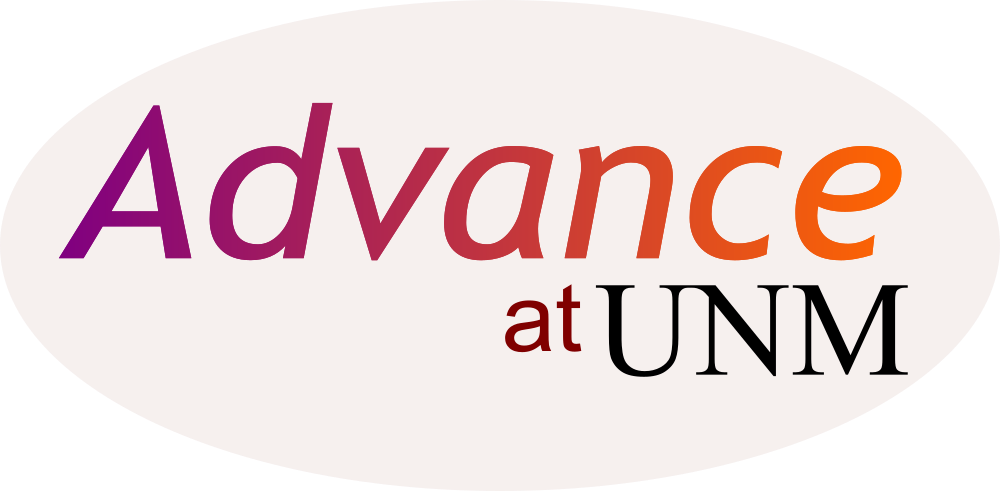5 Things to Know about changes to Title IX in 2020
Title IX addresses all aspects of sex discrimination. The changes to the new rule apply to conduct considered sexual harassment claims under Title IX.
1. Key changes are made to Title IX jurisdiction.
a. Sexual harassment definition narrowed; aligns more closely with the Clery Act and VAWA.
b. Conduct must occur within UNM’s education program or activity and against a person in the United States.
i. Includes situations over which the school exercises substantial control, as well as buildings owned or controlled by student organizations officially recognized by the school, such as fraternity and sorority houses.
c. At the time of making a complaint, the complainant must be participating or attempting to participate in UNM’s education program or activity.
2. UNM “responsible employee” policy is unchanged.
a. UNM will not change its responsible employee requirement under Policy 2740.
3. Preponderance of the evidence standard remains.
a. UNM will maintain its current standard of evidence for all allegations of a UNM policy violation.
4. The grievance process must include a live hearing to determine responsibility and appropriate sanction, as well as allow for cross-examination by the parties’ advisors.
a. UNM must investigate every formal complaint (filed by a complainant or by the Title IX coordinator).
b. Informal resolution is an alternative to an investigation. Both parties must agree and it is only offered after a formal complaint is made. Informal resolutions are not offered where an employee has been accused of sexually harassing a student.
c. Investigators will no longer make a determination of responsibility; a hearing officer will be charged with that duty.
5. UNM will continue to address misconduct that does not fall within Title IX’s new sexual harassment jurisdiction under other policies and codes of conduct.
Catena also provided the document below, which gives an overview of the key information and implications of the changes.

January 11, 2022 @ 8:56 am
Dr. Catena’s explanation to newest variants in Title IX’s analogue accurately arrive to all audience members. Her concise wording provides upmost understanding to faculty, students, and associates.